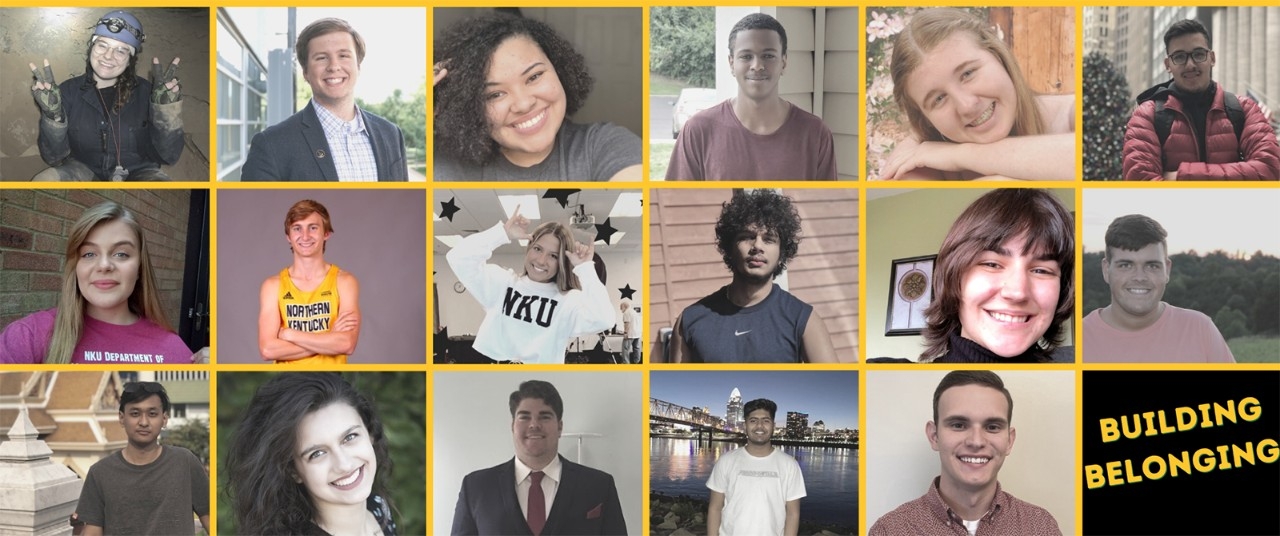


With the COVID-19 pandemic temporarily making college classes remote, it highlighted the fact that students needed a stable support group during their college experience, especially within the rigorous coursework of Science, Technology, Engineering and Mathematics (STEM) classes.
To help freshmen students in the challenging field of STEM, the Building Belongingness through Peer Mentors in STEM program was awarded $20,000 last year as part of NKU’s Innovation Challenge. The program, which began last fall, connects freshmen STEM majors with sophomore students to create a peer support group to improve retention.
Ashley Vaughn, associate director of the NKU Center for Integrative Natural Science and Mathematics, and Ellen Hokkanen, director of recruitment and retention, are credited with the creation of the program after reviewing academic data. According to information from the university and the National Student Clearing House, first-year retention of NKU students hovers around 72%, slightly lower than the 78% national average.
Paige Williams, a junior NKU student from Cincinnati, did have a few challenges when taking the courses as a freshman.
“For the most part, I felt my freshman year classes were pretty easy only because I took some AP classes in high school that overlapped with what I learned in my first semester of classes,” she says. “Had I not taken them, I think I would have faced more challenges learning the material. One challenge I had was adapting to the pace of learning new material and overlapping deadlines on assignments.”
Seventeen students were picked for the initial cohort of the mentor program in fall 2020. Vaughn says the students were nominated by NKU STEM faculty and picked based on understanding and overcoming challenges of the coursework. Vaughn says additional factors, such as underrepresented students in STEM fields and their ability to make connections with others, were considered as well.
“We didn’t want students who kind of waltzed in and things were super easy,” Vaughn says.
At least 20 students will be peer mentors for fall 2021. Vaughn says while the mentors were assigned to help students academically, they also helped them with life outside of courses as well.
“What’s the best organization to get involved with, what’s the best place to eat, even those types of simple things,” she says.
“I was able to help students in a more genuine way that I wish I had as a freshman student."
Each peer mentor worked with at least 20 students.
While COVID-19 closed or altered normal aspects of college life, the program still pressed on. Williams, who was a tutor this past academic year, says she helped about 50 students in the STEM Freshman Seminar class.
In the class, Paige organized discussion boards and gave students advice on scheduling classes, studying tips and community involvement. Paige, who also benefited from the program by using it to develop her leadership skills, hopes to be a mentor this coming academic year.
“I was able to help students in a more genuine way that I wish I had as a freshman student,” she says. “I would like to believe they found the experience as beneficial as I did.”
Vaughn aims for the program to improve in its second year.
“Given the constraints of COVID, it went just as well as we could have done it,” Vaughn says. “We’re hoping we’ll be able to take what we learned this past fall, apply it and continue on to grow the program and its impacts.”




